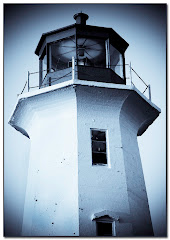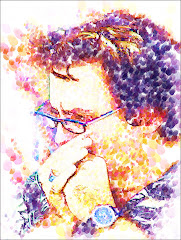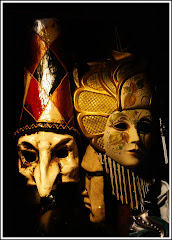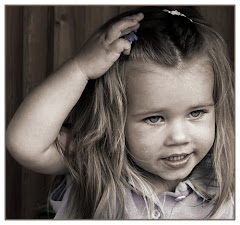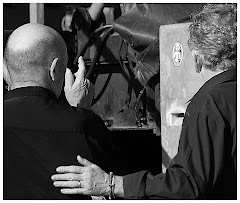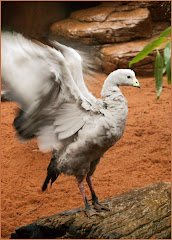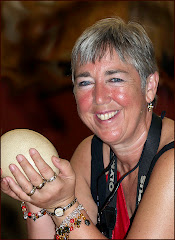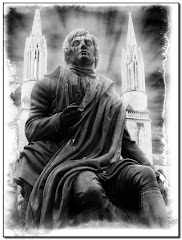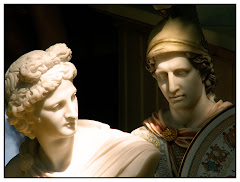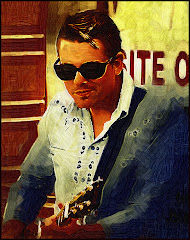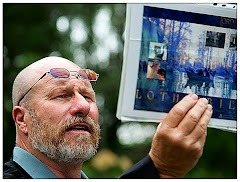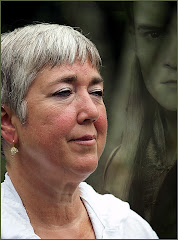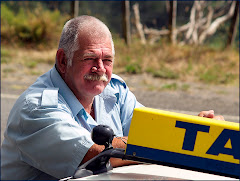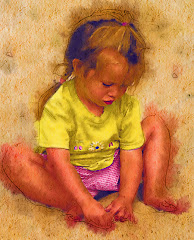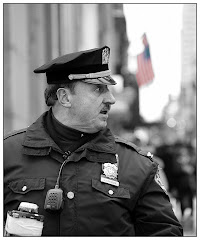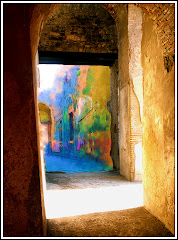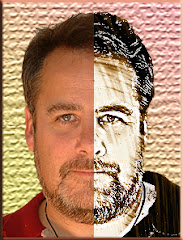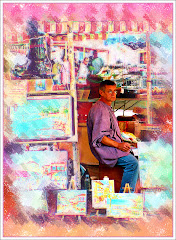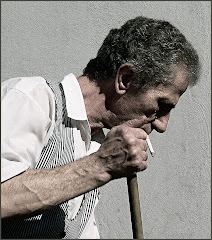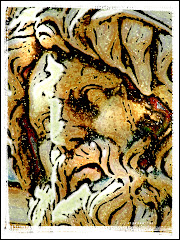 This morning I wrote an article on "The Difference in New Orleans after Katrina." Since this blog is about travel, photography AND Photoshop, I want to share it with you.
This morning I wrote an article on "The Difference in New Orleans after Katrina." Since this blog is about travel, photography AND Photoshop, I want to share it with you.The sun is warm on my skin and the air is ripe with the exotic scents of the Big Easy: green growing things, cigarette smoke and spilled beer.
We are in the French Quarter, watching the sun come up. I am seized by the notion that the atmosphere surrounding me is an odd blend of things manufactured for the tourists who choke these streets every night and a very real thing, an etherial "something" that is so uniquely and perfectly New Orleans. That mystical atmosphere is all around us, coiling around our spirits like an affable snake.
My wife and I have been here before. Ordinarily we avoid the Quarter. It has an ugly wild side. One evening there during our only Mardi Gras was more than enough. But mornings here are different. There's a lazy feeling in the Quarter, and it feels like watching a cat take a long stretch after a nap in a sliver of sunlight.
I nod to a man standing idly by a convenience store, smoking and drinking. I wonder if he has been out all night. He barely moves his head in response but I feel his red eyes on me.
"Morning," I say.
He takes a long draw on his drink.
"Morning," he says finally. The voice is deep, created with whiskey and smoke as much as genetics, I decide. There's suspicion in his eyes and a distant hostility there too. He turns and walks away from us, his steps uncertain. He is carrying himself with as much dignity as a man at the tail end of an all-nighter can muster.
I watch him walk away feeling every inch a tourist with my camera around my neck and my clean clothes. I will think back on this brief encounter many times over the next few days because that man personified the feeling I get as visit New Oreans for the first time since the storm came calling. This time, there's an attitude of waiting, a faint resentment and an underlying sense of betrayal from the people.
Later that day, we have scheduled a bus tour of the areas of New Orleans ravaged by Katrina.
We file onto the bus with the other tourists, cameras poised, and listen as our guide mirrors the same attitude as the man outside the convenience store.
"You been to the Quarter?" he asks. "How many you been to the Quarter?"
Everyone puts up their hand.
"When Katrina came, it barely touched the Quarter. We gonna see the places it DID touch."
The bus winds its way into a different New Orleans. The highway is something like a time machine because we leave the lights and siren songs of the tourist areas and head into devastation. Dozens, maybe hundreds, of houses are ripped open like fruit dropped from a great height.
Debris lies in oddly indifferent looking piles on either side of the street. Street lights are gone and I have the sensation of going into a third world country were half naked children will sell you Chicklets as their mothers look on with hungry eyes from a distance.

There are odd markings on many of the houses, numbers spray painted inside the frame of an "x."
"This tell the rescuers how many people in the house," says the guide. "Sometime it tell them how many died in there. Sometime it tell them what houses gotta be torn down."
The guide's attitude is reserved. I keep getting the idea that he is showing us something very private and he is conflicted about it.
He tells us about how many people ignored the warnings that devastation was rumbling their way because they got warnings all the time. He tells us about people who drowned in their own attics because they failed to take something with which to cut a hole in their roofs when the water came for them. He tells us about the levees in which they had trusted that fell like tinker toys before the fury of the storm.
Finally he tells us about how they had believed in a government that would come and help in times of great need...and how they were still waiting.
What's the difference between pre and post Katrina? It's not the horror of the destroyed buildings. Nor is it the devastating death toll. It's the people.
Katrina ripped into the collective heart of New Orleans and turned a genuine "glad to see you" smile into something much darker, jaded and distantly desperate.
For the balance of my time there, I really sense a different New Orleans. Something seems forced, like a willful denial that life there can never be the same again. It feels to me, with an inward twinge, as though I am no longer in the "City that Care Forgot." I think deep inside, that the carefree city was sucked into a vortex of indifference and death and will never ever be seen again.
Of couse I hope I am wrong.
I truly do.



